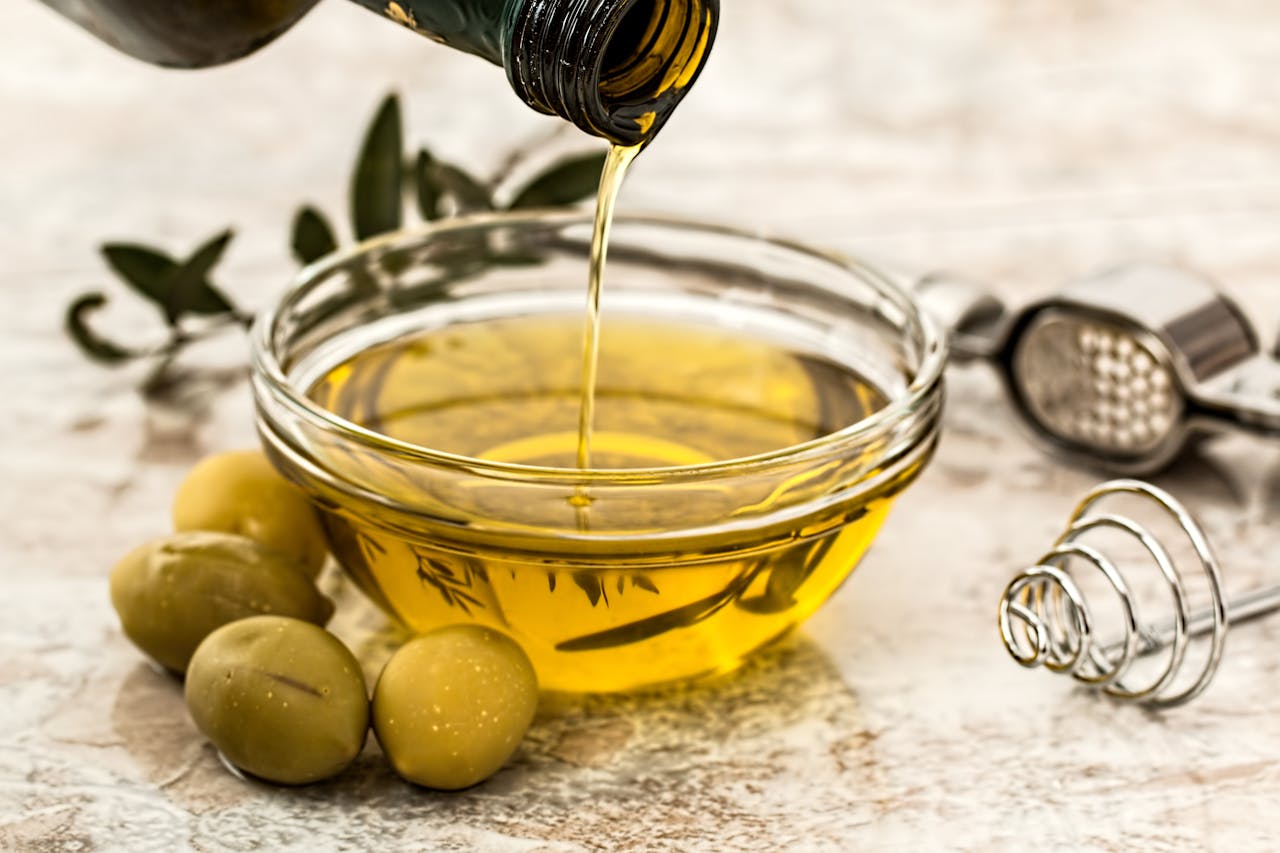
How Kefir Improves Your Digestive Health
In the quest for better health, many are turning to natural solutions to improve their well-being. One such potent and natural remedy is kefir, a probiotic-rich beverage known for its extensive health benefits, particularly for gut health. This blog post will explore what kefir is, its origins, health benefits, how to incorporate it into your diet, and why it stands out as a superior probiotic.
What is Kefir?
Kefir is a fermented drink made from kefir grains, which are a symbiotic culture of bacteria and yeast (SCOBY). These grains look like small cauliflower florets and contain a complex and diverse range of microorganisms that are beneficial to health. Kefir can be made using milk (cow, goat, or sheep) or water, making it versatile for various dietary preferences.
Origins of Kefir
The origins of kefir can be traced back to the Caucasus Mountains, where it has been consumed for thousands of years. The name “kefir” comes from the Turkish word “keyif,” meaning “feeling good” after eating, which speaks to its health-promoting properties.
Health Benefits of Kefir
1. Rich in Probiotics
Kefir is teeming with probiotics, the beneficial bacteria that support a healthy gut microbiome. A balanced microbiome is essential for digestive health, immune function, and even mental well-being. Kefir contains a wide variety of bacterial strains, including Lactobacillus, Bifidobacterium, and Streptococcus, among others, which contribute to its probiotic potency.
2. Supports Digestive Health
The probiotics in kefir can help restore balance to the gut flora, especially after antibiotic use, which can deplete good bacteria. This balance is crucial for preventing gastrointestinal issues such as bloating, constipation, and diarrhea. Additionally, kefir contains enzymes that aid in the digestion of lactose, making it more tolerable for people with lactose intolerance.
3. Boosts the Immune System
A healthy gut is directly linked to a robust immune system. The probiotics in kefir enhance the body’s natural defenses by promoting the production of antibodies and modulating the immune response. Regular consumption of kefir can help reduce the risk of infections and improve overall immune function.
4. Anti-Inflammatory and Antibacterial Properties
Kefir has been found to have anti-inflammatory effects, which can be beneficial in managing inflammatory conditions such as irritable bowel syndrome (IBS) and inflammatory bowel disease (IBD). It also contains compounds like kefiran that exhibit antibacterial properties, helping to inhibit the growth of harmful pathogens in the gut.
5. Promotes Mental Health
Emerging research suggests a strong connection between gut health and mental health, often referred to as the gut-brain axis. The probiotics in kefir can influence the production of neurotransmitters like serotonin, which play a role in mood regulation. Regular consumption of kefir may help alleviate symptoms of anxiety and depression.
How to Incorporate Kefir into Your Diet
1. As a Beverage
The most straightforward way to consume kefir is by drinking it. You can enjoy it plain or flavored with fruits and sweeteners. Start with a small amount, such as half a cup, and gradually increase as your body adjusts to the probiotics.
2. Smoothies
Kefir can be a great base for smoothies. Blend it with fruits, vegetables, and a touch of honey or maple syrup for a nutritious and probiotic-rich drink.
3. Breakfast Bowls
Use kefir as a substitute for yogurt in breakfast bowls. Combine it with granola, fresh fruits, nuts, and seeds for a delicious and health-boosting start to your day.
4. Salad Dressings and Marinades
Kefir can be used to make creamy salad dressings and marinades. Its tangy flavor adds a unique twist to dishes while providing probiotic benefits.
Why Kefir Stands Out as a Probiotic
Kefir is often considered superior to other probiotic sources for several reasons:
1. Diverse Microbial Content
Kefir contains a broader spectrum of probiotics compared to yogurt and other fermented foods. This diversity enhances its ability to colonize the gut and provide a range of health benefits.
2. Fermentation Process
The fermentation process of kefir is more complex and prolonged, leading to a higher concentration of beneficial bacteria and yeast. This makes kefir a more potent probiotic.
3. Versatility
Kefir can be made from various types of milk or even water, making it suitable for people with different dietary needs and preferences. This versatility ensures that more people can benefit from its probiotic properties.
Conclusion
Kefir is a powerhouse of probiotics that can significantly enhance your gut health and overall well-being. Its rich microbial content, combined with its anti-inflammatory, antibacterial, and immune-boosting properties, makes it an excellent addition to a healthy diet. Whether you consume it as a beverage, in smoothies, or as part of your meals, incorporating kefir into your daily routine can lead to noticeable health improvements.
Disclaimer
The information provided in this blog post is for educational purposes only and should not be considered as medical advice. Always consult with a healthcare provider before starting any new health regimen, especially if you have pre-existing health conditions or are taking medication. The effectiveness of kefir may vary from person to person.
Sources
- Farnworth, E. R. (2005). Kefir–a complex probiotic. Food Science and Technology Bulletin: Functional Foods, 2(1), 1-17.
- Leite, A. M. O., Miguel, M. A. L., Peixoto, R. S., Rosado, A. S., Silva, J. T., & Paschoalin, V. M. F. (2013). Microbiological, technological and therapeutic properties of kefir: a natural probiotic beverage. Brazilian Journal of Microbiology, 44(2), 341-349.
- Sarkar, S. (2008). Biotechnological innovations in kefir production: A review. British Food Journal, 110(3), 283-295.
- Bourrie, B. C. T., Willing, B. P., & Cotter, P. D. (2016). The microbiota and health promoting characteristics of the fermented beverage kefir. Frontiers in Microbiology, 7, 647.
- Shah, N. P. (2007). Functional cultures and health benefits. International Dairy Journal, 17(11), 1262-1277.
-
Emotional Well-Being and Reduced Stress: How Relaxing Music Works
The quest for emotional well-being has never been more crucial. Among the myriad of methods to enhance mental health, the power of relaxing music stands out as both an ancient and contemporary remedy. This blog explores how relaxing music can significantly improve emotional well-being, supported by scientific research, expert opinions, and practical insights. The Science…
-
Stress Relief with Easy Mindfulness: Best Practices
The constant juggling of work, family, and personal commitments can take a toll on our mental and physical health. However, there’s a simple yet effective way to combat stress and improve overall well-being: mindfulness. This blog post will explore easy mindfulness practices for stress relief, backed by research and practical advice, to help you lead…
-
Cancer Prevention: The Remarkable Benefits of Red Onions
Red onions, those vibrant, purplish-red bulbs that add a crisp bite and a burst of color to salads, sandwiches, and countless culinary creations, have long been celebrated for their flavor. However, beyond their culinary appeal, red onions are gaining recognition for their potential health benefits, particularly in cancer prevention. This blog post delves into the…
-
Benefits of 432 Hz Music for Heart Health
In a world where stress is a constant companion, finding ways to unwind and nurture our hearts is crucial. Among various relaxation techniques, one method stands out for its unique approach and profound effects on heart health: 432 Hz relaxing music. This blog post delves into the science, benefits, and practical applications of 432 Hz…
-
Top Foods for Brain Health You Can Eat Right Now
When it comes to maintaining optimal brain health, what you eat plays a crucial role. Your brain requires a variety of nutrients to function effectively, and incorporating brain-friendly foods into your diet can enhance cognitive performance, memory, and overall mental well-being. In this comprehensive guide, we explore the top friendly foods for brain health that…
-
Reducing Anxiety – How to Create a Calm Environment
Anxiety has become an all-too-common companion for many of us. The demands of work, family, and everyday life can leave us feeling overwhelmed and stressed. As someone who has struggled with anxiety, I know how crucial it is to have a sanctuary—a space where you can unwind and let go of the day’s worries. In…




